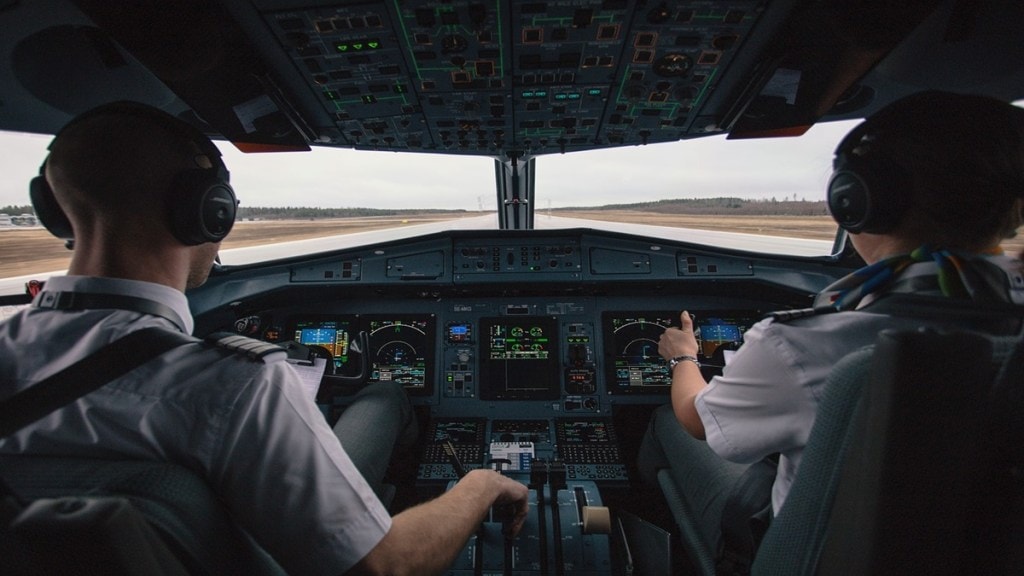India’s civil aviation regulator is considering a draft proposal that could require pilots and crew members to abstain from using perfumes/mouthwash/toothpaste when undergoing breathalyzer tests.
The draft accessed by news agency ANI states, ” No crew member shall consume any medicine/formulation or use any substance such as mouthwash/tooth gel/perfume or any product containing alcohol which may result in a positive breathalyzer test. Any crew member who is undergoing such medication shall consult the company doctor before undertaking a flying assignment.”
Reason behind proposed ban by the DGCA explained
The Directorate General of Civil Aviation (DGCA) has put forth this draft because perfumes typically contain a significant amount of alcohol, which could potentially impact the accuracy of the breathalyzer test.
The DGCA chief in an interaction with ANI clarified that this is currently a draft Civil Aviation Requirement (CAR) that has been made available for public input and comments. It’s worth noting that airlines in India, including the DGCA, maintain strict protocols for conducting breathalyzer tests before any flight operation, with these tests often being monitored by cameras.
The pre-flight breathalyzer assessment occurs at the departure airport. In accordance with DGCA regulations, if a crew member tests positive, they have the option to undergo a second test using either the same equipment or different equipment. The time interval between the first and second test must not exceed 20 to 25 minutes. During this period, individuals undergoing testing are permitted to wash their face or rinse their mouth if they choose to do so.
It is important to note here that over the years, flight crew members and pilots have voiced concerns about failing the breathalyzer test due to the presence of after-shave lotions, mouthwash, or perfumes, a report by the Times of India suggested.
Under the existing regulations, if a crew member fails the breathalyzer test once, their license will be suspended for a duration of three months. In the event of a second failure, the suspension period may extend to three years. A third instance of failing to pass the test will result in the suspension of the license.

